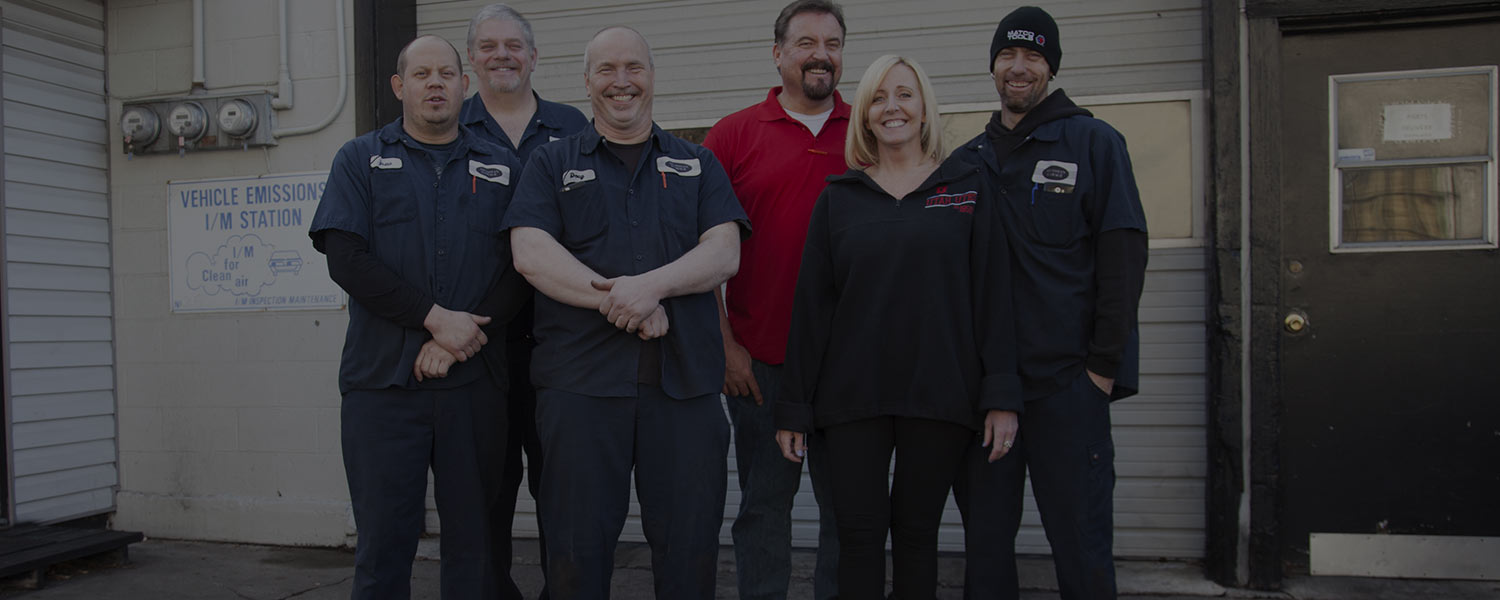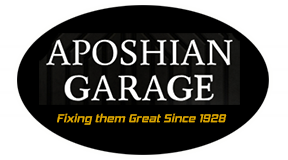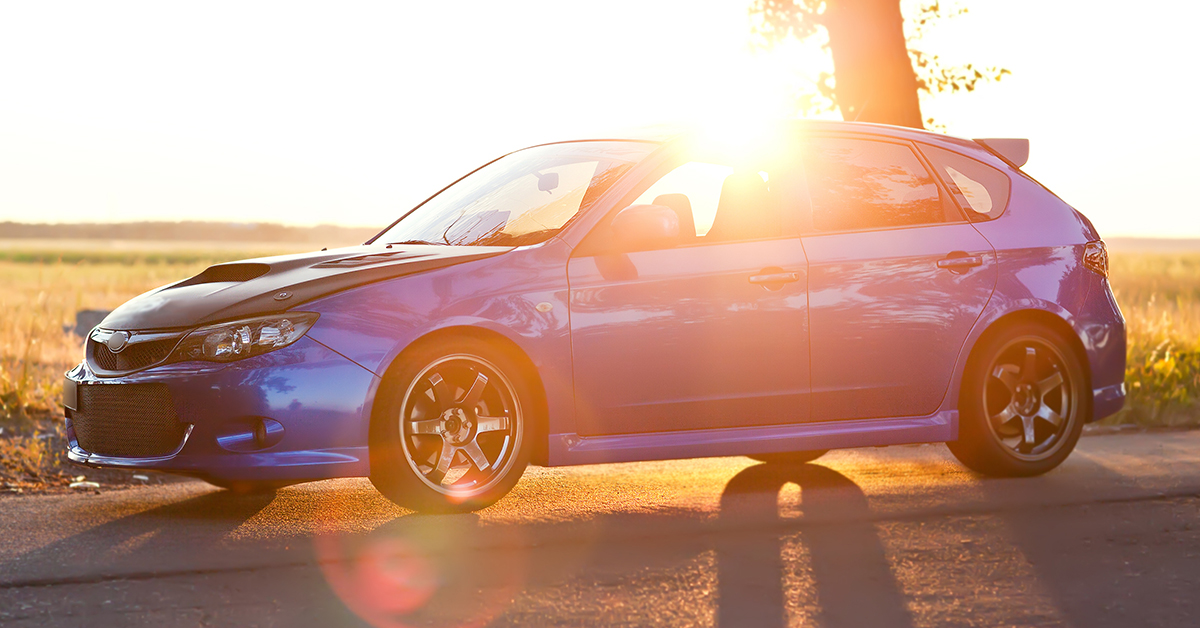How reliable are Subarus?
Subarus have a reputation for being reliable vehicles. Consumer Reports show Subaru ranks third in the 2021 Annual Auto Reliability Survey, just behind Lexus and Mazda. The brand also consistently receives high ratings from J.D. Power's Vehicle Dependability Study.
Not only that, Subaru has a strong track record for building vehicles that can last long with proper maintenance. This is partly due to their all-wheel-drive system and boxer engine design, both known for their durability and reliability. Subaru also uses high-quality components in their vehicles, which helps ensure they are built to last.
That being said, no vehicle is perfect, and Subarus can still experience mechanical issues and require repairs. However, Subaru's reputation for reliability means that these issues are less frequent and severe than in some other brands. Additionally, Subaru offers a generous warranty program that covers many repairs and replacement parts, which can help reduce the overall cost of ownership for Subaru owners.
Are Subarus good in snow?
Yes, Subarus are known for excellent performance in snow and other slippery conditions. This is partly due to their symmetrical all-wheel drive system, which provides power to all four wheels at all times. The system helps improve traction and stability in challenging driving conditions.
Subarus are particularly well-suited for driving in snowy or icy conditions because of this all-wheel drive system. Unlike front-wheel or rear-wheel drive vehicles, which provide power to only two wheels, all-wheel drive systems provide power to all four wheels, which can improve traction and stability on slippery surfaces. In addition, Subarus tend to have a higher ground clearance than some other vehicles, which can help prevent them from getting stuck in deep snow.
Overall, Subarus are considered some of the best vehicles for driving in snowy or icy conditions. This makes them a popular choice for drivers living in areas with harsh winters or frequently driving on unpaved or poorly-maintained roads.
What is the best Subaru model to buy?
The best Subaru model to buy depends on your specific needs and preferences. Subaru offers a range of models, each with its strengths and features.
Here are a few of the most popular Subaru models, along with some information on what makes them stand out:
Subaru Outback
The Outback is a crossover SUV known for its spacious interior, excellent ground clearance, and all-wheel drive system. It's a great choice for drivers who need a versatile vehicle that can handle various driving conditions.
Subaru Forester
The Forester is another crossover SUV known for its roomy cabin and all-wheel drive system. It's a bit smaller than the Outback but still offers plenty of cargo space and a comfortable ride.
Subaru Impreza
The Impreza is a compact car that is available as a sedan or a hatchback. It's known for its excellent fuel efficiency, all-wheel drive system, and spacious interior.
Subaru Crosstrek
The Crosstrek is a subcompact SUV known for its excellent off-road capabilities and all-wheel drive system. It's also a fuel-efficient vehicle with a comfortable ride and plenty of cargo space.
Subaru WRX
The WRX is a sporty sedan known for its powerful engine and excellent handling. It's a great choice for drivers who want a car that is both fun to drive and practical.
Ultimately, the best Subaru model for you will depend on your specific needs and preferences. Consider factors such as the vehicle size, the driving you'll be doing, and the features that are most important to you when making your decision.
Are Subarus expensive to maintain?
In general, many consider Subaru vehicles to be inexpensive to maintain. Subaru has a reputation for building reliable vehicles that require relatively little maintenance over their lifetime. However, as with any vehicle, the maintenance cost for a Subaru will depend on several factors, including the vehicle's age, model, and specific needs.
One potential expense associated with owning a Subaru is replacing parts. Some parts for Subarus may be more expensive than those for other vehicles, mainly if they are specialized parts unique to Subaru. However, Subaru vehicles do not require any more maintenance than other vehicles, and the cost of regular maintenance (such as oil changes, tire rotations, and brake inspections) is typically in line with what you would expect for any vehicle.
It's worth noting that Subaru does offer a warranty program that can help reduce the cost of maintenance and repairs for its vehicles. The warranty covers many repairs and replacement parts and can provide peace of mind for Subaru owners. Additionally, by following the recommended maintenance schedule for your Subaru and staying on top of any issues as they arise, you can help keep maintenance costs under control and ensure that your vehicle remains reliable and efficient over time.
Do Subarus have timing belts or chains?
Subarus use timing belts and chains, depending on the model and the year. In general, newer Subarus are more likely to use timing chains, while older models may use timing belts. Timing belts and timing chains are both crucial components of a vehicle's engine, and both serve the same basic purpose: to ensure that the engine's valves and pistons are in sync and operating correctly. These belts and chains connect the engine's crankshaft to the camshaft, which controls the opening and closing of the engine's valves.
Timing belts are made of rubber and can wear out over time, typically needing to be replaced every 60,000 to 100,000 miles. On the other hand, timing chains are made of metal and are designed to last for the life of the engine.
If you're shopping for a Subaru, it's a good idea to research the specific model and year to determine whether it uses a timing belt or a timing chain. Knowing this information can help you plan for future maintenance needs and avoid potential engine damage or failure. Additionally, following the manufacturer's recommended maintenance schedule for your Subaru is vital to ensure that the timing belt or chain is replaced at the appropriate interval.
How long do Subarus last?
Subarus are known for their long lifespan and durability, and many Subaru owners report driving their vehicles well past 200,000 miles with proper maintenance. However, the lifespan of a Subaru will depend on several factors, including the specific model, the year, and how well the vehicle has been maintained over time.
In general, newer Subarus tend to be more reliable and last longer than older models, thanks in part to advances in technology and improvements in manufacturing processes. Proper maintenance is vital to ensuring your Subaru lasts as long as possible. Regular oil changes, tire rotations, and other maintenance tasks can help prevent wear and tear on the vehicle's engine and other components.
It's worth noting that some Subaru models are known to have certain issues that can impact their lifespan. For example, some older Subaru models have developed head gasket problems, which can cause engine failure if left untreated. Additionally, some Subarus may be more prone to rust or other types of corrosion, mainly if they are frequently driven in areas with harsh weather conditions.
Overall, the lifespan of a Subaru can vary widely depending on various factors. With proper maintenance and care, however, many Subaru owners can expect to enjoy their vehicles for well over 100,000 miles and potentially even longer.
Do Subarus have good resale value?
Subarus are generally known for their strong resale value, particularly in the compact and midsize SUV segments. According to various industry reports and studies, Subarus tend to hold their value well over time. Many models are consistently ranked among the top vehicles for resale value in their respective categories.
One reason for Subaru's strong resale value is their reputation for reliability and durability. Many Subaru owners report driving their vehicles well past 200,000 miles with proper maintenance, and this reputation for longevity can help boost resale values. Additionally, Subarus are often popular among buyers in areas with harsh weather conditions, thanks to their all-wheel-drive system and other features that make them well-suited to handling snow, ice, and other challenging driving conditions.
However, it's worth noting that the resale value of a Subaru will depend on several factors, including the specific model, the year, and the vehicle's overall condition. Additionally, market trends and economic factors can impact resale values over time, so it's essential to keep this in mind when considering the resale value of any vehicle.
Overall, Subarus tend to be a good choice for those looking for a vehicle with solid resale value. Choosing a well-maintained model with a good reputation for reliability can help ensure that your Subaru retains its value well over time.
Are Subarus safe vehicles?
Yes, Subarus are generally considered to be safe cars. Many Subaru models have received high safety ratings from organizations like the National Highway Traffic Safety Administration (NHTSA) and the Insurance Institute for Highway Safety (IIHS). One reason for Subaru's strong safety record is their commitment to safety features and technology. Many Subaru models come standard with all-wheel drive, which can help improve traction and stability on slippery roads. Additionally, many models offer advanced safety features like forward collision warning, automatic emergency braking, and lane departure warning, which can help prevent accidents and mitigate crash effects.
In addition to these safety features, Subaru vehicles are also built to be durable and protective in the event of a collision. Many models feature reinforced frames, high-strength steel construction, and other safety features designed to protect occupants in the event of an accident.
Of course, any vehicle's safety will depend on various factors, including how well it is maintained and driven. Also, no vehicle is entirely immune to accidents or other safety hazards. Hence, it's important always to drive safely and follow recommended safety guidelines to help prevent accidents and minimize the risk of injury. Nonetheless, Subarus are generally considered a safe choice for those in the market for a new car.
Do Subarus require premium gas?
Most Subaru models do not require the use of premium gas. In fact, many models are designed to run on regular unleaded gasoline with an octane rating of 87 or higher. However, some high-performance Subaru models, such as the WRX STI, may require premium gasoline with an octane rating of 91 or higher. It's important to always refer to your vehicle's owner's manual to determine the recommended fuel type and octane rating. Using the wrong fuel type can lead to reduced performance, decreased fuel efficiency, and potential engine damage over time.
While most Subarus do not require premium gas, some owners may use higher-octane fuel for better performance or efficiency. However, there is generally little benefit to using premium gas in a car designed to run on regular unleaded fuel. Doing so can be more expensive over time.
How does Subaru's EyeSight system work?
Subaru's EyeSight system is an advanced driver assistance technology that uses a combination of cameras and sensors to help prevent accidents and improve overall driving safety. The system works by constantly monitoring the road ahead and alerting the driver to potential hazards or dangerous situations.
Here's a breakdown of how the EyeSight system works:
Stereo Cameras
The EyeSight system uses two stereo cameras mounted on the top of the windshield to capture a 3D view of the road ahead. These cameras can detect the shape, speed, and distance of objects in front of the vehicle.
Adaptive Cruise Control
The EyeSight system can maintain a safe distance from the vehicle in front using adaptive cruise control technology. This means that the car can automatically slow down or speed up based on traffic conditions, helping to reduce the risk of rear-end collisions.
Lane Departure Warning
If the EyeSight system detects that the vehicle is drifting out of its lane without a turn signal, it will alert the driver with an audible and visual warning.
Pre-Collision Braking
If the EyeSight system detects an impending collision, it will issue a warning to the driver and can even apply the brakes automatically to prevent or minimize the impact of a collision.
Pre-Collision Throttle Management
If the EyeSight system detects that the driver is about to hit an object, such as a parked car or a pedestrian, it can reduce engine power to help prevent or minimize the impact.
Overall, the EyeSight system is designed to provide drivers with safety and protection on the road. By using advanced cameras and sensors to monitor the environment around the vehicle, the system can help prevent accidents and reduce the severity of collisions if they occur.
Can Subarus tow?
Yes, many Subaru models are capable of towing! However, the towing capacity will depend on the specific model and year of the Subaru vehicle. Some Subaru models, such as the Ascent, Outback, and Forester, are designed with towing in mind and come equipped with features like a tow hitch, trailer stability assist, and a dedicated towing mode. Depending on the model and year, these models can typically tow between 1,500 and 5,000 pounds.
Other Subaru models, such as the Impreza and Legacy, may also be capable of towing, but their towing capacity is typically lower than that of the larger Subaru SUVs. It's important to check your vehicle's owner's manual to determine the maximum weight your Subaru can safely tow.
Do note that towing can strain your vehicle's engine, transmission, and brakes. Hence, it's essential to use caution when towing and to stay within the recommended weight limits for your specific Subaru model. Additionally, it's a good idea to have your vehicle serviced regularly and check all towing equipment, including the hitch and trailer, to ensure everything is in good working order before hitting the road.
Do Subarus have a lot of cargo space?
Subaru vehicles are generally known for their versatile and spacious interiors, with many models offering ample cargo space for their size. However, the exact amount of cargo space will vary depending on the specific model and year.
Here's a quick overview of some of the most popular Subaru models and their cargo capacities:
Ascent
The Ascent is Subaru's largest SUV and offers up to 86.5 cubic feet of cargo space with the rear seats folded down.
Outback
The Outback is a midsize SUV that offers up to 75.7 cubic feet of cargo space with the rear seats folded down.
Forester
The Forester is a compact SUV that offers up to 76.1 cubic feet of cargo space with the rear seats folded down.
Crosstrek
The Crosstrek is a subcompact SUV that offers up to 55.3 cubic feet of cargo space with the rear seats folded down.
Impreza
The Impreza is a compact car that offers up to 55.3 cubic feet of cargo space in the hatchback model with the rear seats folded down.
Legacy
The Legacy is a midsize sedan that offers up to 15.1 cubic feet of trunk space.
Overall, Subaru vehicles offer competitive cargo capacities for their respective classes, with many models featuring flexible seating arrangements and convenient storage solutions to make the most of the available space.
When using Aposhian Garage, you have not only had your Subaru properly maintained, but you have also found your Subaru repair “home.”
We look forward to getting to know you and your vehicle!



